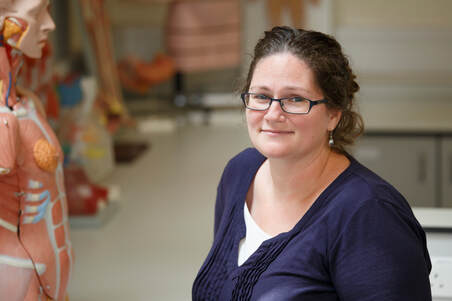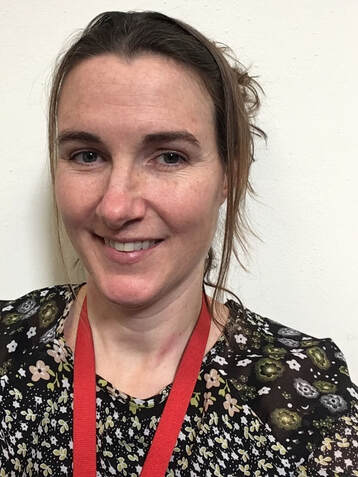|
Dr Tracie McKinney, Senior Lecturer in Human Biology, University of South Wales |
I had a number of female professors in graduate school. They were brilliant, hard-working, and respected amongst students. It took a while for me to notice that none of them had children. I saw this pattern towards the end of my study, when one of these women gained tenure and got pregnant about half an hour later. She had been waiting for years to felt secure enough in her position to start a family. Earning tenure in the US is a long-shot; most scholars never get there, and those who do are rarely under the age of 40. This woman planned to the last detail how she could “have it all” in a system that was not designed for women.
The situation for women in STEM is improving, and the UK is decades ahead of the US in how it treats working mothers. Regardless, this was a bit of an eye-opener for me. I always wanted a family, but I wanted to be a scholar, too. Why do these things have to be mutually exclusive? Most of my male profs had kids, and it never slowed them down. I’m there now, with the coolest kid in town and a secure post as a senior lecturer. Trying to balance motherhood and academia is not easy, though, and my field research has been put on hold. I’ve managed to find a comfortable balance for me, but it is our job to make sure this gets easier for those who come after us. |
|
Dr Emma Hayhurst, Senior Lecturer in Biology, University of South Wales |
It is difficult for any parent to juggle the demands of work with the demands of family life. In my case, my desire for a family affected my career even before the children made an appearance. I was 30, coming to the end of my first postdoctoral position and trying to work out where to go next. I applied for, and was offered, two jobs. One was a three-year position as a Research Associate with the London School of Tropical Medicine and Hygiene, working at their Medical Research Council centre in Gambia. The other was my current position as a Senior Lecturer at the University of South Wales. It was a difficult decision, and I agonised over it. South Wales won and, although I felt a pang about turning my back slightly on a pure research career, I moved happily to Wales and was promptly thrown in at the deep end, teaching students. I survived and it turns out that I love teaching and am quite good at it too, which was a relief.
Seven and a half years and two children later I know I made the right decision, but my research has suffered. Not just because of the heavy teaching load we have here at the University, but also because I have gone part-time, and taken almost two years off for maternity leave. The world of academia and research is a tough one to remain in at the best of times, but never more so than if you are a parent. Not only do many parents want to work part time, but you also take time off for your family, are less willing to move them around the country, and less able to stay in the lab until midnight every night. The fast-paced world of research moves quickly. You feel left behind and you lose confidence. In my case, I convinced myself that I was happy being a teacher. I am lucky, because I had a permanent position before I started my family. I have many friends from my post-doc days who left academia altogether once their children arrived. For example, one became a part-time teaching assistant in a school instead. They just could not make it work for them. They were all women. We should mourn the loss of these talented researchers, and do everything we can to make research and family life compatible. |



